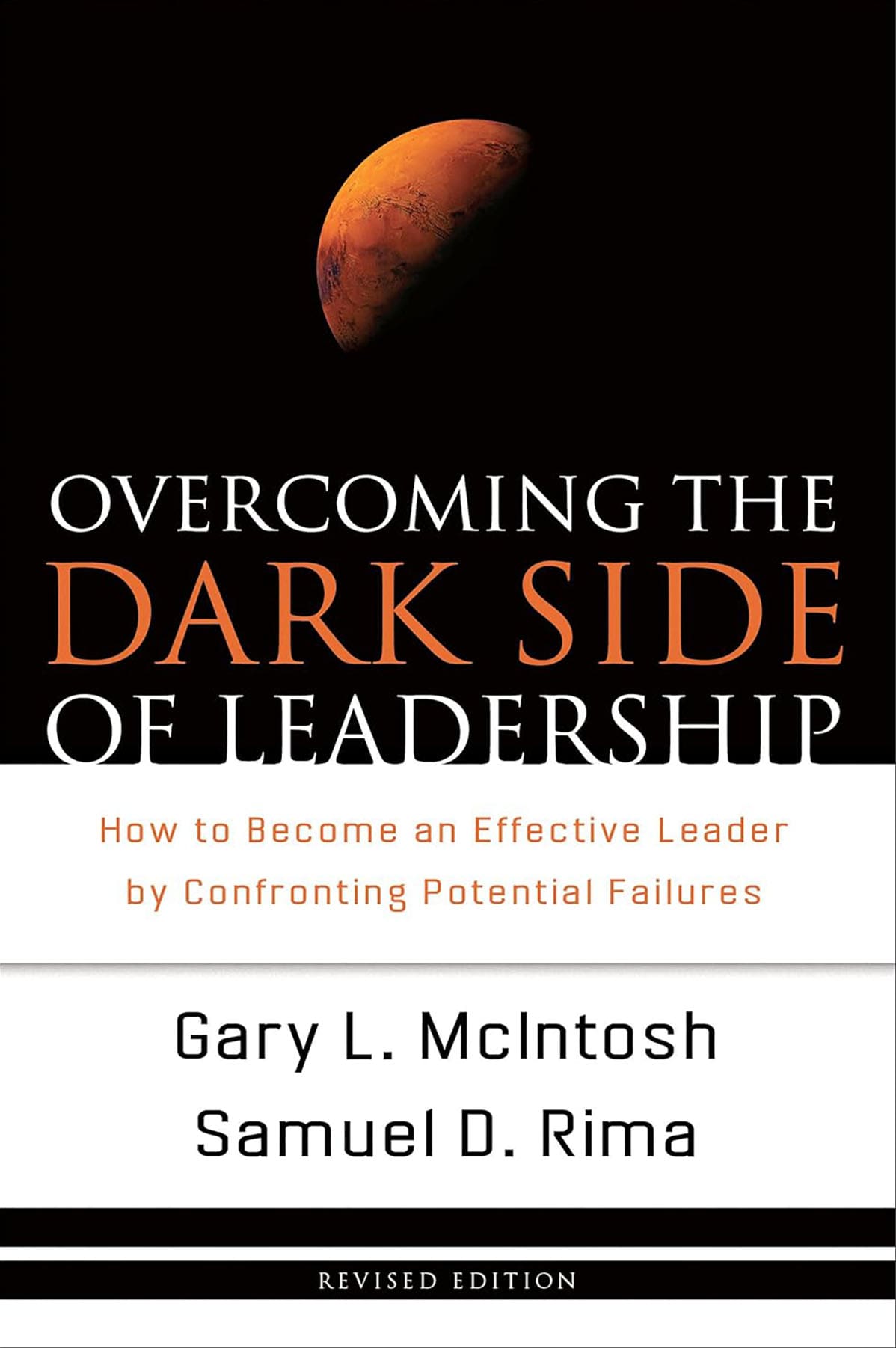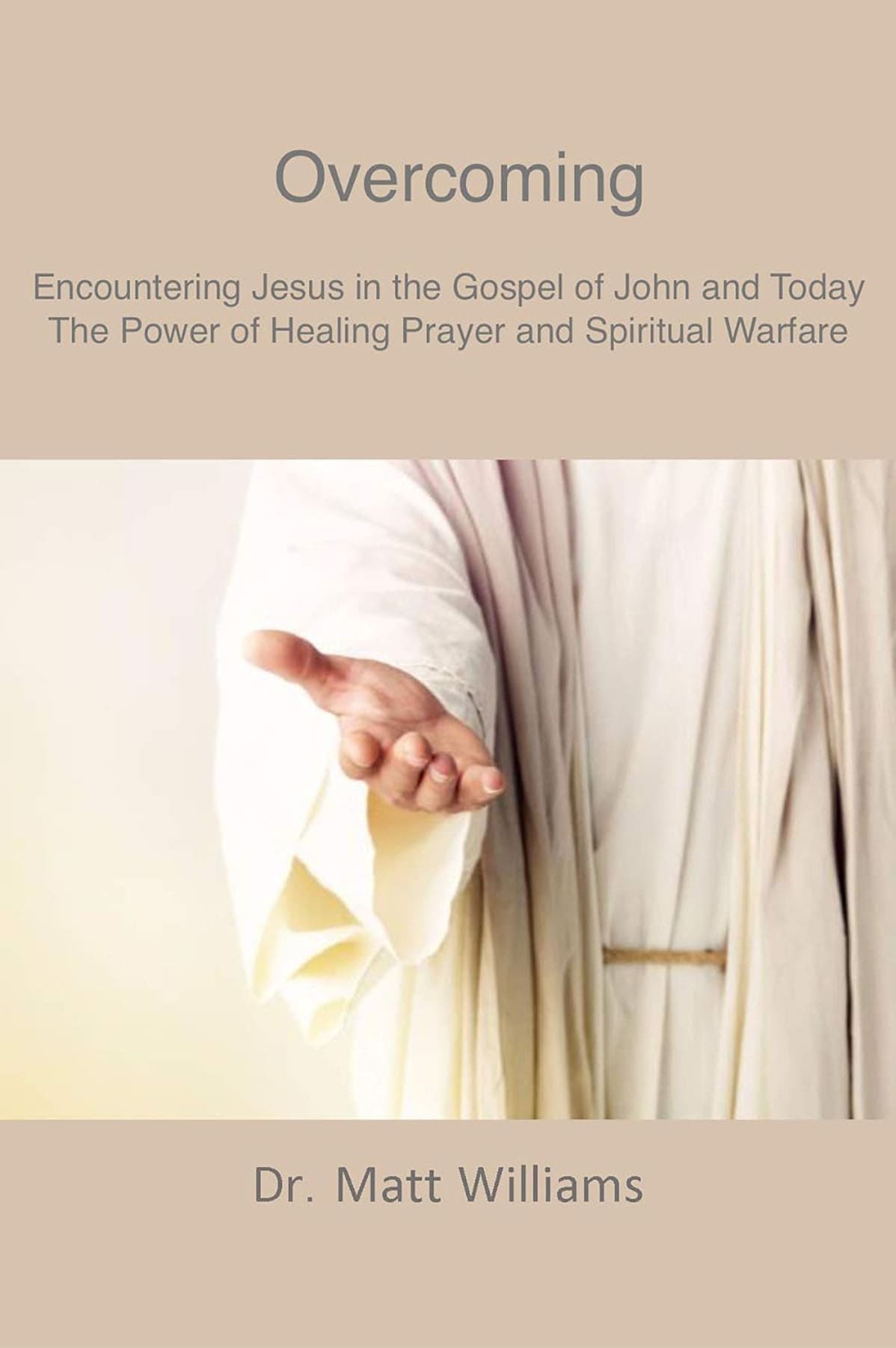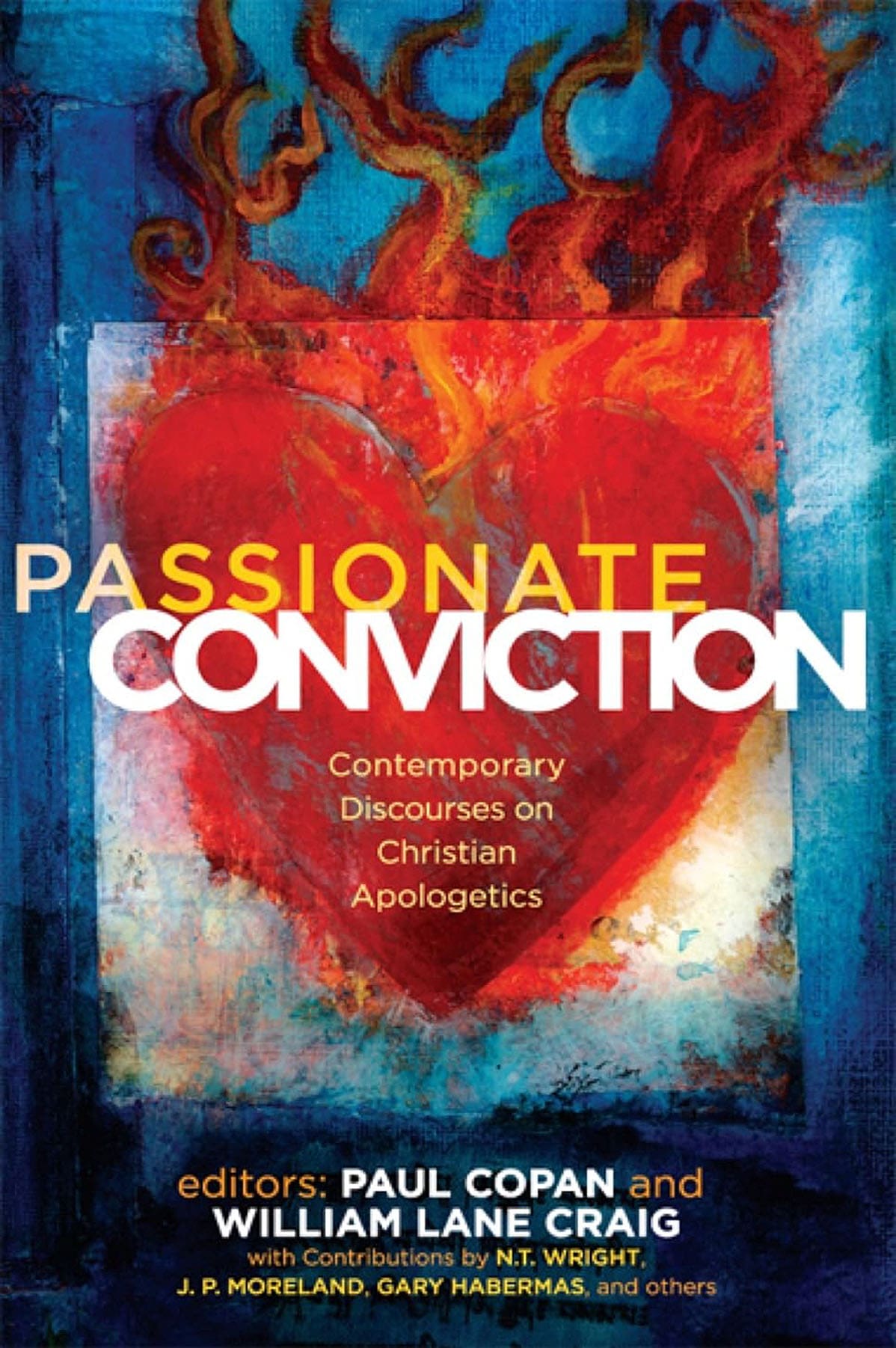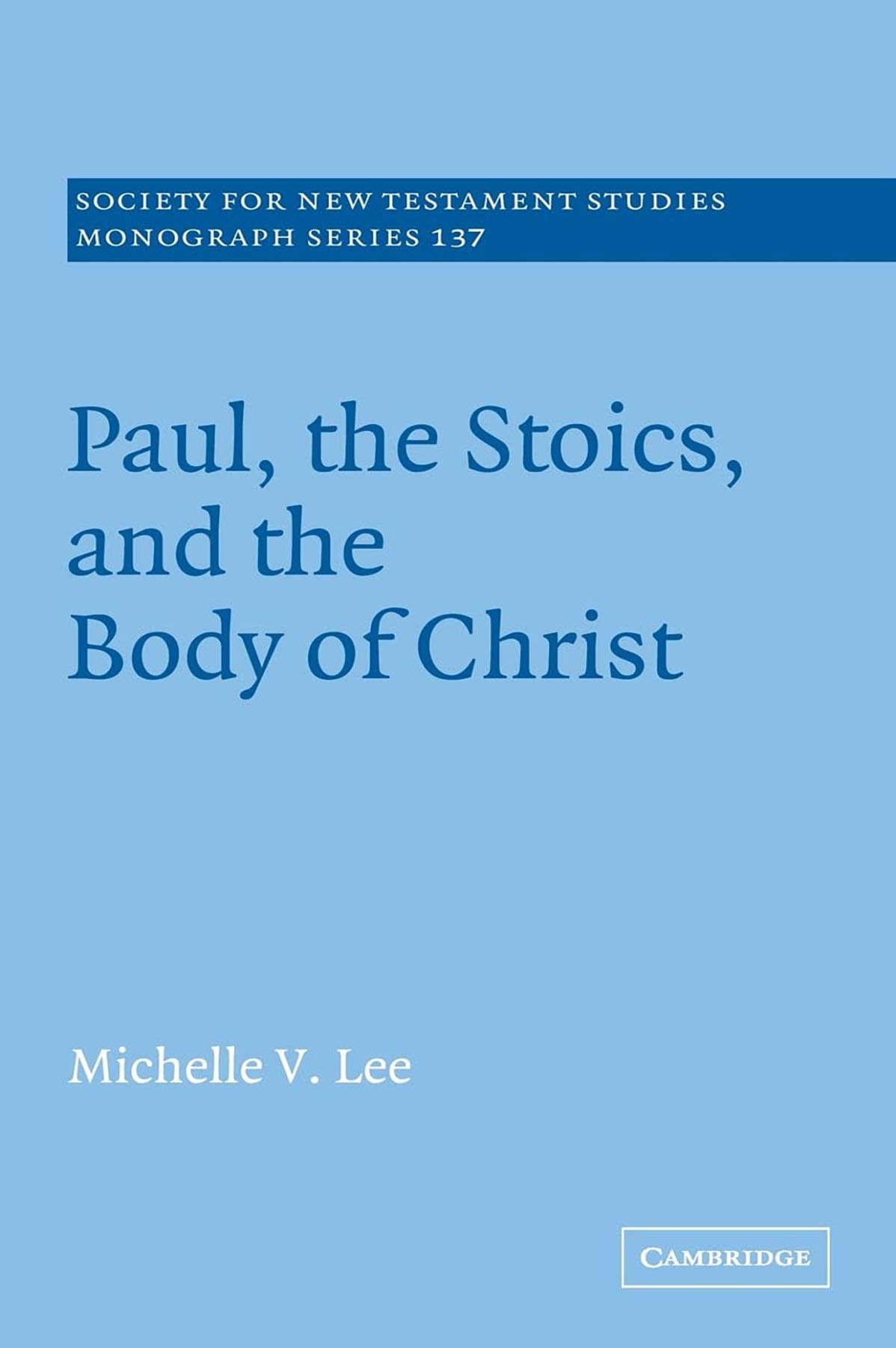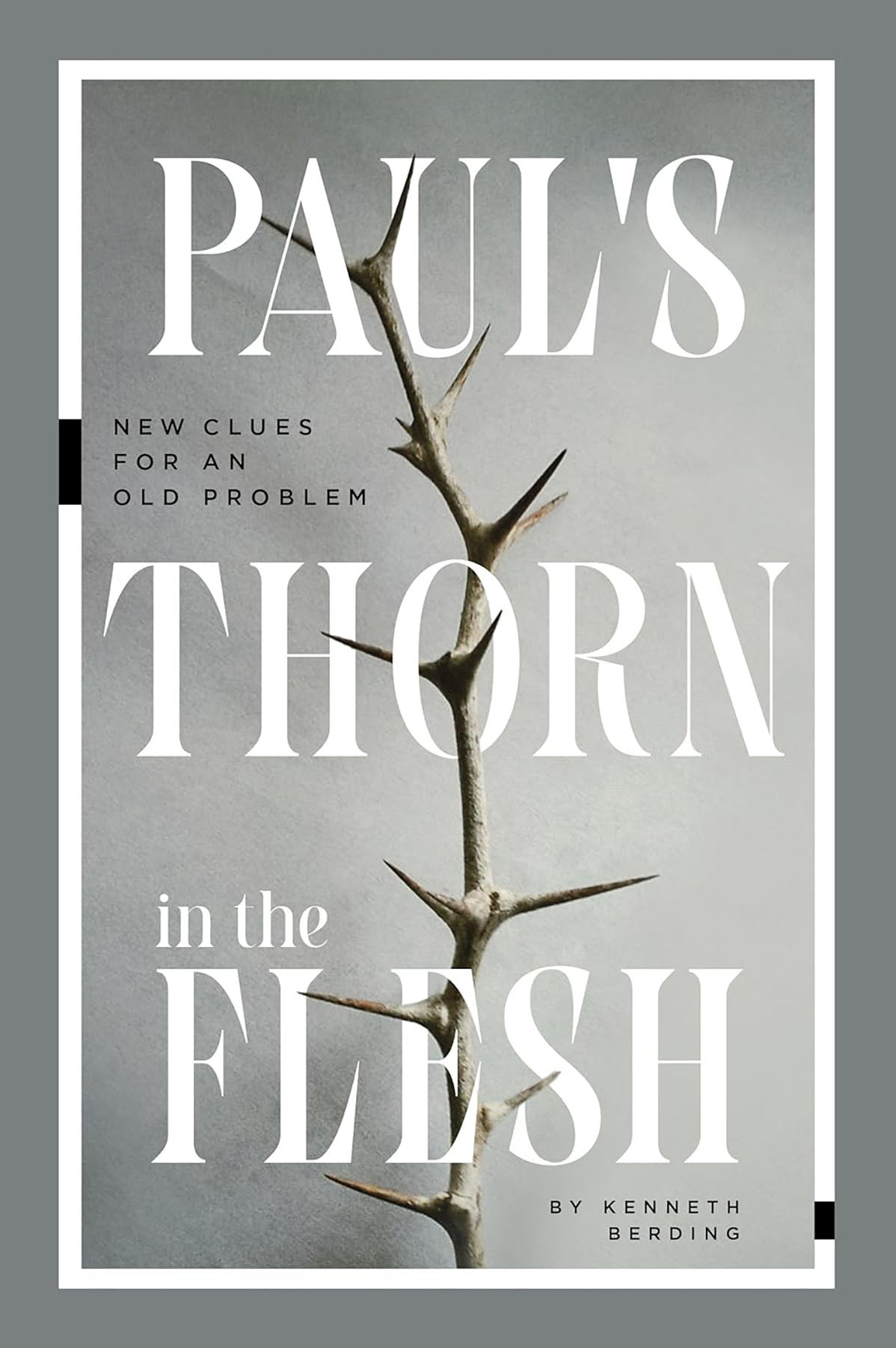Overcoming the Dark Side of Leadership: How to Become an Effective Leader by Confronting Potential Failures
The Christian world has been rocked by the number of prominent leaders, in both church and parachurch organizations, who have been compromised by moral, ethical, and theological failures. Overcoming the Dark Side of Leadership addresses this alarming problem and offers Christian leaders valuable guidance in dealing with the inherent risks of their work. Using biblical and current examples, the authors describe the characteristics of five types of leaders and the problems they are most likely to have if their particular dysfunctions develop unrestrained. McIntosh and Rima offer a series of steps for leaders to consider so they can take control of their dark side and learn to harness its creative powers.

